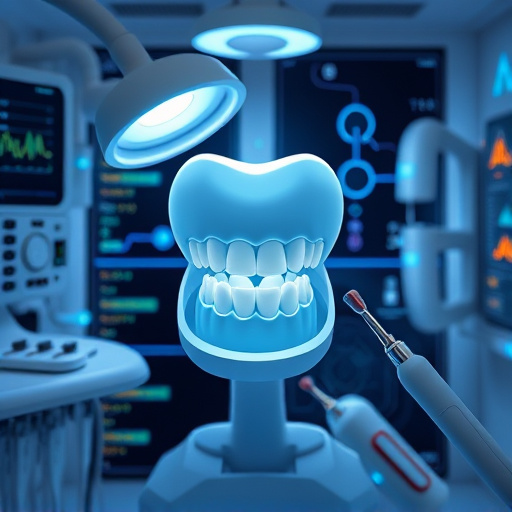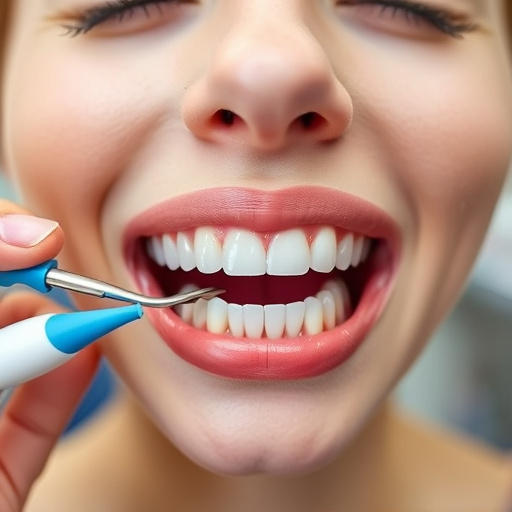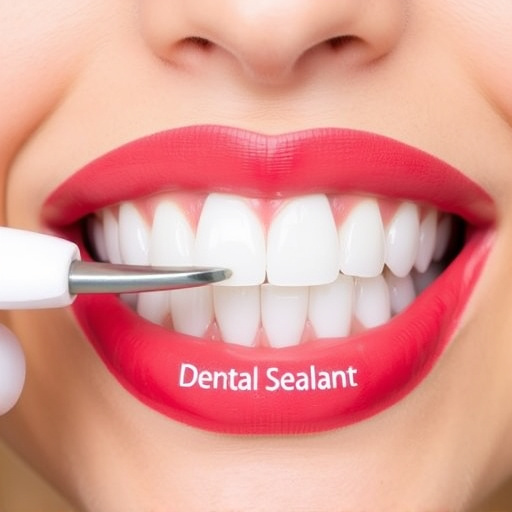Smoking severely impairs gum health, complicating gum disease treatment. The toxic chemicals in cigarettes restrict blood flow to gums, weaken the immune system, and increase inflammation, making it harder for the body to fight bacterial infections and heal. This leads to deeper gum pockets, exacerbating symptoms like swelling, bleeding, and bad breath, and challenging procedures like clear aligners and cosmetic dentistry. Quitting smoking is crucial for effective gum disease treatment and overall oral health.
Smoking can significantly impact the success of gum disease treatment. This harmful habit exacerbates inflammation and tissue damage caused by periodontal disease, making it more challenging to achieve and maintain healthy gums. In this article, we explore how cigarettes contribute to gum disease progression and complicate treatment efforts. We discuss strategies for patients and dental professionals to optimize outcomes, even in the face of smoking, focusing on behavioral changes, advanced treatments, and post-treatment support.
- The Impact of Smoking on Gum Health
- – Explanation of the relationship between smoking and gum disease
- – How cigarettes contribute to inflammation and tissue damage
The Impact of Smoking on Gum Health
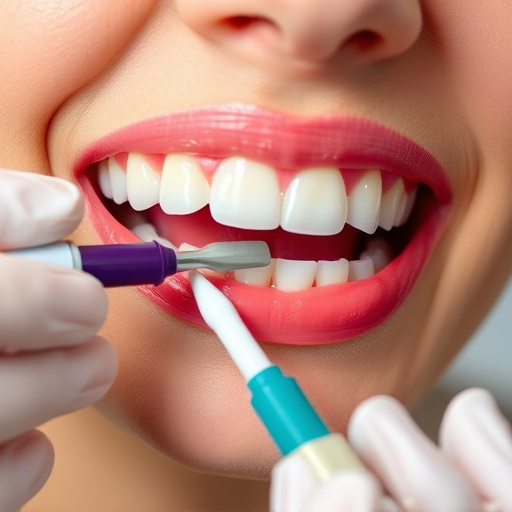
Smoking has a profoundly negative impact on gum health, significantly complicating the landscape of gum disease treatment. The harmful chemicals in cigarette smoke restrict blood flow to gums, impeding their ability to receive adequate oxygen and nutrients. This reduced circulation makes it harder for the body’s natural defenses to fight off bacterial infections that are the root cause of gum disease. Additionally, smoking weakens the immune system, making it more challenging for the body to heal and recover from any existing gum damage.
Beyond hindering healing, smoking also increases inflammation in the gums, exacerbating symptoms like swelling, bleeding, and bad breath. The use of tobacco products is linked to deeper pocket formation between teeth and gums, where bacteria can proliferate uncontrollably, further damaging gum tissue. This complicates even the most comprehensive dental care approaches, including clear aligners and cosmetic dentistry procedures, as it prevents proper healing and increases the risk of recurring gum disease.
– Explanation of the relationship between smoking and gum disease
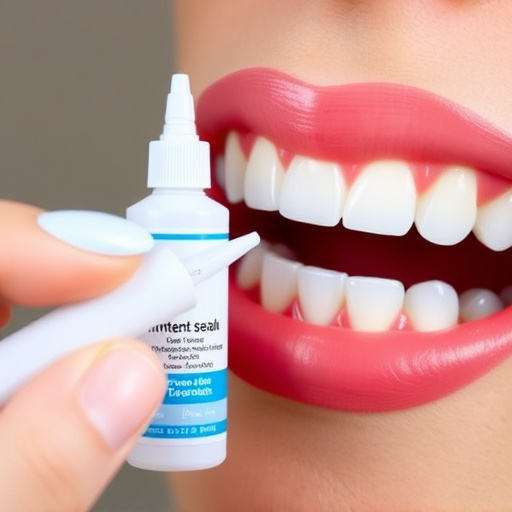
Smoking has a well-established link to various health issues, including periodontal or gum disease. The harmful chemicals in tobacco products can wreak havoc on your oral health, making it more challenging to achieve successful gum disease treatment. When an individual smokes, their immune system becomes compromised, hindering its ability to fight off bacterial infections that often underlie gum disease. This suppression weakens the gums’ natural defenses, allowing bacteria to thrive and cause inflammation and potential tissue damage.
Additionally, smoking impairs blood circulation, which is essential for delivering oxygen and nutrients to the gums. Poor blood flow makes it harder for the body to heal and fight off infections, potentially leading to more severe gum disease and increased risk of tooth loss. To enhance the effectiveness of gum disease treatment and promote better oral health, quitting smoking is a crucial step that often forms part of a comprehensive dental care strategy, including regular teeth cleaning and preventative dentistry practices.
– How cigarettes contribute to inflammation and tissue damage
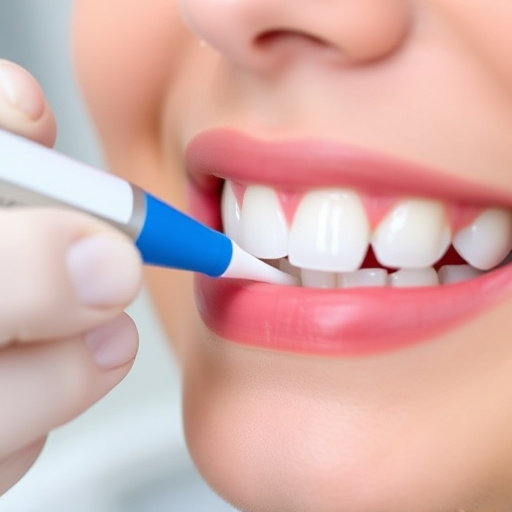
Cigarettes contain a host of harmful chemicals that significantly contribute to inflammation and tissue damage, both of which play pivotal roles in exacerbating gum disease. When smoked, these chemicals irritate the delicate gums, leading to chronic inflammation. This low-grade inflammatory response is one of the primary drivers of periodontitis, a severe form of gum disease that can result in significant tissue loss, including the destruction of bone and connective tissues that support teeth.
Over time, continued smoking impairs the body’s natural healing mechanisms, making it harder for patients to respond positively to gum disease treatment, such as dental cleanings and general dentistry procedures aimed at addressing the condition. Family dentistry professionals emphasize the importance of quitting smoking not just for overall health but also to improve outcomes in gum disease treatment.
Smoking has a significant impact on the outcomes of gum disease treatment. The harmful chemicals in cigarettes exacerbate inflammation, hinder blood flow, and cause tissue damage, making it harder for gums to heal. Quitting smoking is crucial for successful gum disease management and improving overall oral health. By addressing this habit, individuals can enhance their chances of achieving and maintaining healthy gums, ensuring better results in the long term for any gum disease treatment they may require.









